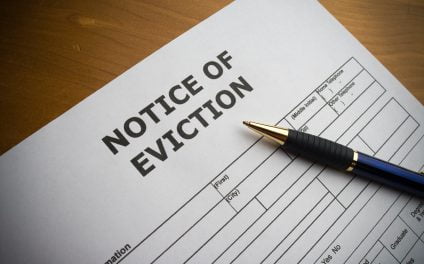In re Caldwell
Facts: A homeowner resides in their home for greater than a decade timely paying their mortgage, taxes and all other ownership expenses. During their continuous occupancy, the homeowner transfers title in the property multiple times between their trust in which they are the sole trustee and their limited liability company (LLC) in which they are the sole member. The homeowner files a declaration of homestead on the property on its final transfer from the LLC to the trust. The full homestead exemption cannot be claimed until 1,215 days after the ownership interest in a property has been transferred. Less than 1,215 days from the last transfer, the homeowner experiences financial hardship and files for bankruptcy claiming the full homestead exemption.
Claim: The bankruptcy trustee seeks to reduce the amount of the homeowner’s homestead exemption, claiming the homeowner does not qualify for the full exemption since the homeowner acquired interest in the property when it was transferred from the LLC to the trust, which occurred within the statutory 1,215-day period limiting homestead exemption claims.
Counterclaim: The homeowner seeks the full homestead exemption, claiming the 1,215-day period does not apply since they continuously maintained an equitable interest in the property despite the transfers as evidenced by their occupancy and uninterrupted mortgage and tax payments.
Holding: A United States Bankruptcy Appellate court holds the homeowner may claim the full homestead exemption despite title being transferred to their LLC since the homeowner retained a continuous ownership interest in the property by residing in and making payments on their mortgage, taxes and insurance over the years. [In re Caldwell (February 24, 2016) __BR__]
Editor’s note — See the Declaration of Homestead published by RPI (Realty Publications, Inc.). [See RPI Form 465]














